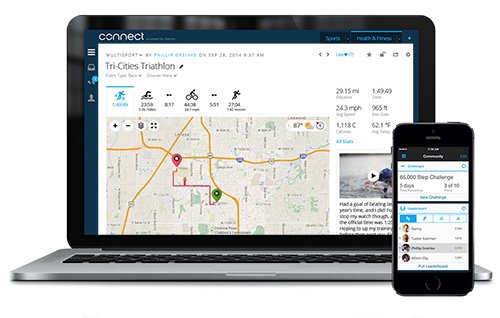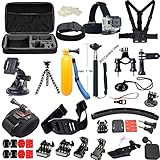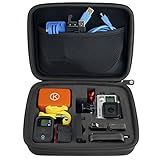Are you a Digiholic?
Do you feel lost without your smartphone? Or fall asleep spooning your tablet? It's time to switch off and reboot.
 |
| Image from https://commons.wikimedia.org/wiki/File:IFA_2010_Internationale_Funkausstellung_Berlin_18.JPG |
Picture the scene: you're watching a film curled up on the sofa when you find yourself itching to google the actress, the song playing in scene three and the dress the heroine is wearing. One thing leads to another and before you know it, you end up buying the dress, tweeting about it and texting your friend to tell her about your new purchase. Sound familiar? Unfortunately, you're not alone as we're officially in the grasp of the digital age. But ask yourself this: When was the last time you switched off for 24 hours? If you can't remember, perhaps it's time for a digital detox.
WHAT ARE THE PSYCHOLOGICAL AFFECTS OF TECHNOLOGY?
Whether it's via email, text, Facebook, Twitter, Instagram or app alerts, gone are the days of waiting for the daily newspaper to find out the latest offers, cinema times and world events – more often than not, there is, as they say, an app for that. "The brain is not designed to be "on" all the time," says mindfulness coach
Dr Barbara Mariposa. "What were natural pauses in life, are now busy times too." And while we may pat ourselves on the back for using those moments to multi-task, Dr Barbara explains that surprisingly, it's actually a waste of time. "Research shows that our ability to handle information sinks dramatically after 53 minutes, therefore multitasking doesn't work." But, before we hide our shame in our smartphones, there's an element of science that contributes to our screen dependencies. "Every time we get a hit on Facebook or Twitter, we get a small spritz of dopamine, a chemical that activates the reward centres in our brains," says Dr Barbara. As our dependency deepens, our face-to-face human interaction decreases leaving us at 2.5 times higher risk of depression. If you've established yourself as a
digiholic but can't bear the thought of abandoning your iPad just yet, Frances Booth, author of The Distraction Trap: How to Focus in a Digital World says it may be due to a fear of being left out. "One of the biggest pulls that keeps us checking is FOMO or Fear of Missing Out. We worry that we'll miss something if we don't check. But what usually happens when we don't check for a day? We don't miss a thing and we perhaps realize it wasn't all that important."
WHAT ARE THE PHYSICAL AFFECTS?
If you find yourself rubbing your neck or easing that hand cramp more frequently these days it could be down to your smart device. As we bend down at a 60 degree angle to look at our phones it puts 60lbs worth of pressure on the cervical spine the average weight of a 7 years old child. "The human body was not designed to stay still for any length of time," explains Dr Barbara. "We become stooped, so breathe more shallowly. As a result, reduced oxygen levels make us sluggish and foggy. Whereas muscle tension and poor posture lead to back ache, neck strain, and eye damage." Ouch. But it’s not just our outside appearance that’s being affected as Dr Barbara explains, "the main effect on our physical health is the constant drip, drip, drip of stress hormones caused by the almost permanent state of arousal in our brains. We are literally wearing ourselves out on the inside. Chronically-altered levels of adrenaline and cortisol leads to long-term damage to our heart, lungs, gut, digestion, blood pressure and sex hormones."
10 WAYS TO DETOX
Dr Barbara Mariposa tells us how we can ditch the digital.
1 Block out one hour a day and one evening a week to be digital device-free.
2 Leave all electronic devices aside at least half an hour before bed.
3 Make mealtime a digital-free zone. Leave all devices in another room.
4 Curate your newsletters so you only receive ones you really want. Unsubscribe from the rest.
5 Set aside 10-20 minutes a day to sit in quiet contemplation, just being, not doing.
6 Go for walks without your phone. Instead of being busy tweeting, experience it fully, now.
7 Meet with friends in person and suggest that the first person to reach for their smart phone pays the bill!
8 Ignite an old hobby and spend digital-free time doing this for example reading, cooking, sport.
9 When you go on holiday take a cheap handset with you just to receive emergency calls.
10 Change your routine. Instead of checking Facebook during your lunch break, read a book or go for a walk.
Credit : Natural Health UK
































































